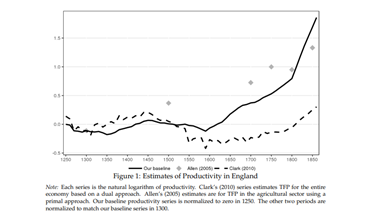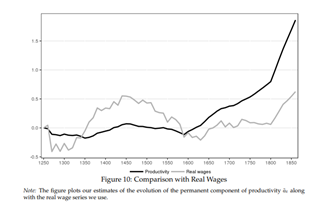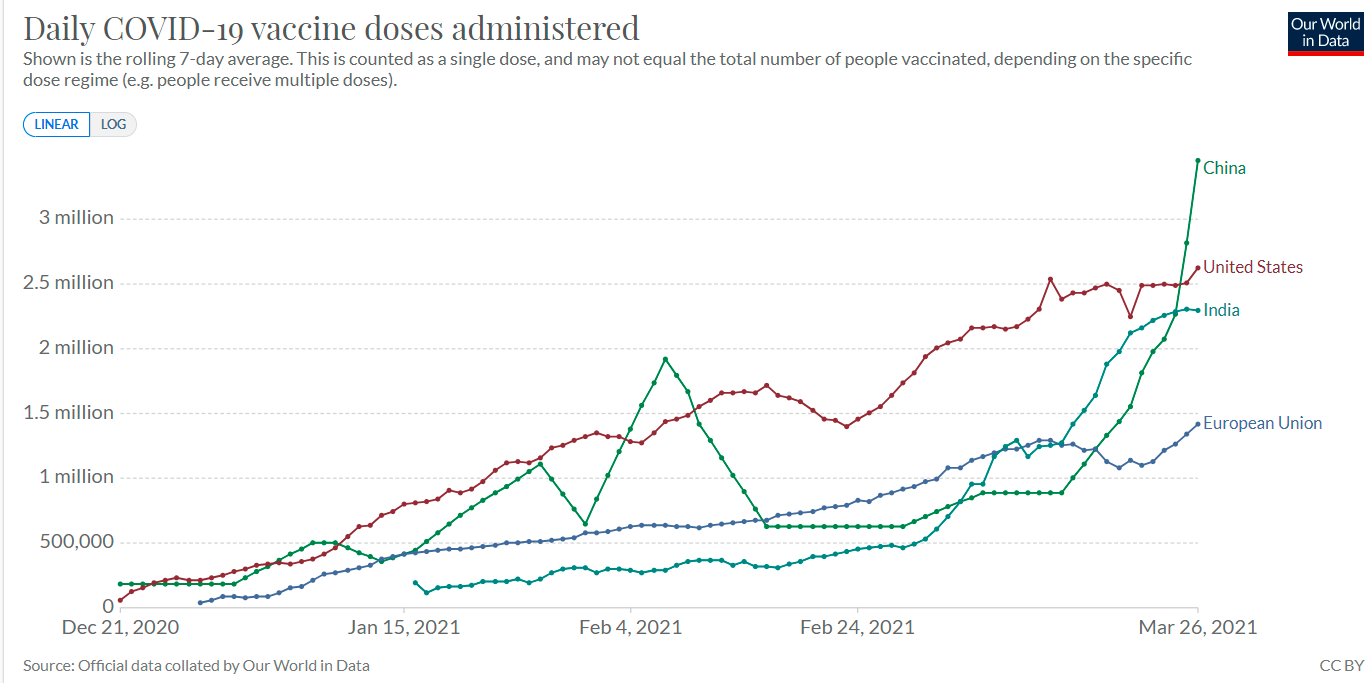https://www.wsws.org/en/articles/2021/03/27/8mil-m27.html
Kevin Reed
15 hours ago
Construction of a new Amazon distribution center on the former grounds of the Michigan State Fair in Detroit is well underway. The new 823,000 square-foot building is one of five new Amazon facilities being built in Metro Detroit that the company says will bring “more than 2,000 good jobs” and contribute “positively to the community.”
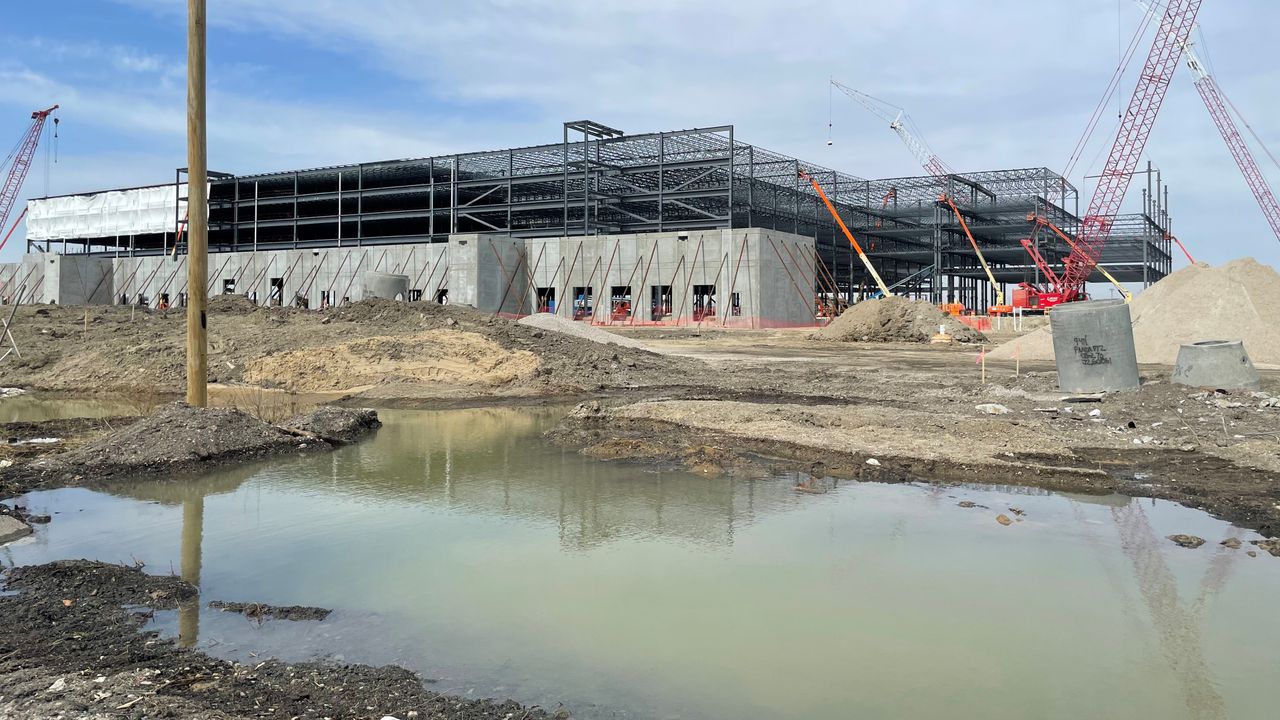
New Amazon Robotics Distribution Center under construction at the former Michigan State Fairgrounds in Detroit
Billed as a “robotics” distribution center, Amazon says it is spending $400 million to put up the massive building on the dilapidated 142-acre site that was the home of the Michigan State Fair from 1904 to 2009. A company statement announcing the Detroit expansion plans last January said the project would create 3,000 construction jobs and 1,200 “permanent full- and part-time jobs with a minimum $15 per hour wage and comprehensive benefits starting on the employee’s first day.”
The global corporation—Amazon has a Wall Street value of $1.5 trillion—also explained the infrastructure strategy behind the expansion in Detroit. The new buildings will “play critical roles in the fulfillment of large products and ‘middle mile,’ or the process of transporting packages between Amazon sites before last mile delivery for customers.” The company currently operates 10 facilities in Detroit and has “invested more than $2.5 billion across the state” since 2010, according to the statement.
All five new facilities are scheduled to be completed in 2021. The other four Metro Detroit locations are: a Sub-Same-Day Fulfillment Center in Hazel Park on the site of a horse racetrack that was closed in 2018; an Extra Large Fulfillment Center (XLFC) and Sort Center at Pinnacle Park near Metro Detroit Airport, on the site of the failed Pinnacle thoroughbred racetrack that closed in 2010; a Sort Center in Plymouth and a Robotics Fulfillment Center in Pontiac on the former site of the Pontiac Silverdome of the Detroit Lions professional football team.
The list of locations being redeveloped by Amazon shows that the company has selected areas of Detroit and its suburbs that have been devastated by a combination of deindustrialization and government-financed entertainment venue schemes that went belly up. In each case, there is a backstory regarding the real estate deals between Amazon and various property holding companies brokered by government officials, most of whom are Democrats.
The selection of the Michigan State Fairgrounds is a case in point. In 2018, the City of Detroit bought the 142-acre Fairgrounds site from the state government for $7 million. Last August, Democratic Mayor Mike Duggan announced a plan for the city to sell the property to Detroit-based Sterling Group and Dallas-based Hillwood Enterprises LP for development. The City Council rushed through a deal including a modification to the city master plan to allow reuse of the site for light industrial purposes, ignoring public opposition to selling it.
As part of the deals to obtain the various derelict properties for pennies on the dollar, Amazon and its development partners offered up $2.5 million in investments to local charity organizations such as Beaumont Children’s Center, Big Brothers Big Sisters of Metropolitan Detroit and Forgotten Harvest. Additionally, in response to public opposition to the deal, Mayor Duggan and the City Council worked in a plan for a new $7 million public transportation Transit Center on the property “paid for” by Amazon.
The investment in Detroit’s public transportation infrastructure is self-serving since Amazon and other industrial manufacturers in the area know full-well that $15 per hour jobs for the newly hired workers is not be enough income to support car ownership or the cost of auto insurance and many will need to take the bus to get to their facilities each day.
In announcing the plan, Amazon’s Vice President of Global Customer Fulfillment Alicia Boler Davis said, “We are grateful for the strong support we’ve received from local and state leaders as we broaden our footprint throughout Michigan.” And the company quoted Mayor Duggan, who said, “We’re thrilled that Amazon selected Detroit for what will be one of the largest fulfillment centers in Michigan.”
Davis would know about the collaboration of “local and state” Democrats with corporate America. She served in various management and executive positions at General Motors for 25 years—including Executive Vice President of Global Manufacturing and Labor Relations—before joining Amazon. The global auto giant is eligible for up to $2.27 billion in tax credits from the state of Michigan through 2029.
Conditions for new hires at the Detroit automakers, most of whom start out as temps making less than $17 per hour with substandard benefits, are so low that the auto companies are struggling to compete with Amazon for low-wage labor. Quoting a US auto industry consultant, Automotive News said that there is currently “a significant shortage of workers” for manufacturing because Amazon and the others are “beating out the lure of lower wages to go work in the potentially dangerous close quarters of an assembly plant.” The industry has partially made up for the labor shortage with a regime of forced overtime, with its existing workforce working six and even seven-day work weeks.
David Kalb, president at Applied Tech Industries located in Chesterfield Michigan, told Automotive News he has not been able to find enough workers to staff production commitments shortly after the auto factories resumed operations in May. Kalb said, “We had to go to 10-hour shifts, six days a week because we couldn’t get good help ... We had to increase our pay by a couple of bucks an hour, because that’s what the market was doing at the time.”
Amazon is taking advantage of the conditions of poverty and unemployment in Detroit which are the product of decades of factory closures and job losses carried out with the collaboration of the United Auto Workers (UAW) union. That $15 an hour poverty wages can be promoted in Detroit—which was at one time the city with the highest per capita income in the US—as a “good job” is an indictment of the role of the UAW and the Democrats.
As with the billions of dollars invested by Stellantis (formerly Fiat-Chrysler America) in Detroit—including the opening of a new Mack Avenue assembly plant and the expansion of its Jefferson North plant in east Detroit—the expansion of Amazon’s operations in the Motor City is creating several oases of new development surrounded by the ongoing reality of poverty and blight just one or two blocks away. The bottom line for these corporate investments is the expectation of enormous profits through the exploitation of a virtually limitless supply of low cost labor.
Among the working class, there is a growing anger against unhealthy working conditions during the pandemic and an expanding opposition to social inequality. Although Jeff Bezos has announced he is “stepping down” as CEO of Amazon, he increased his personal wealth by $75 billion in 2020 to a total of nearly $190 billion.
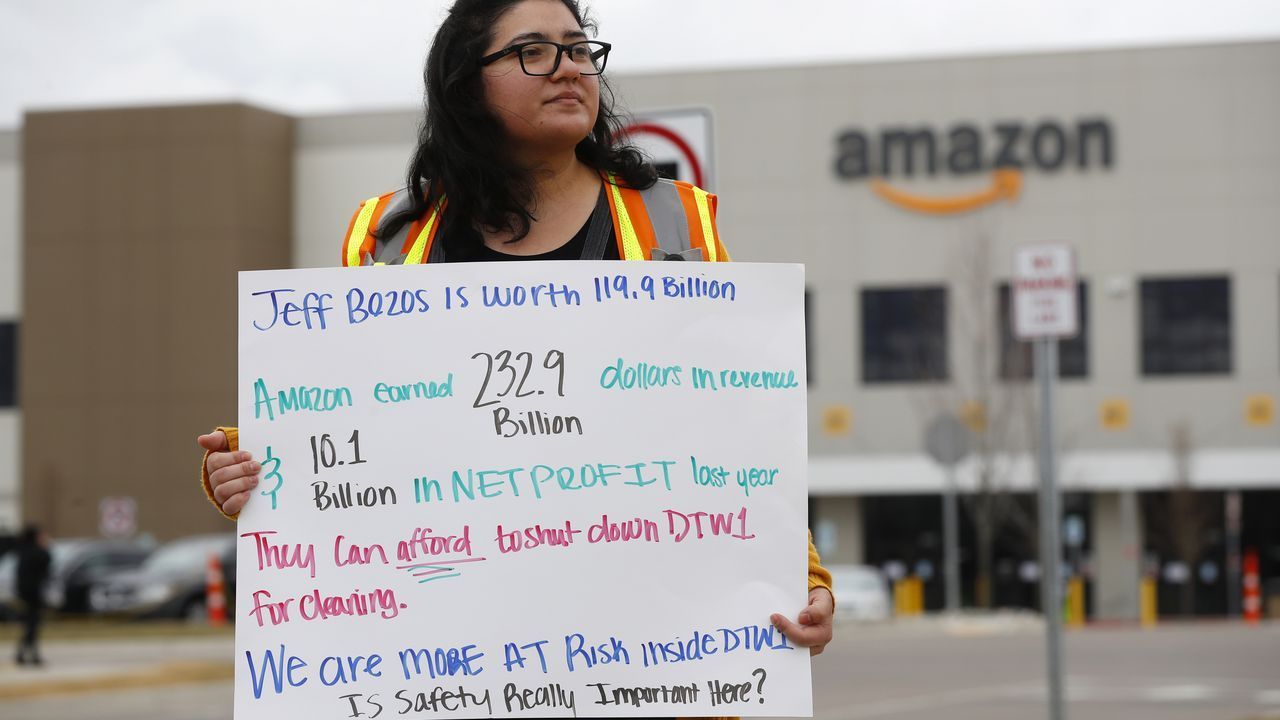
Breana Avelar, a processing assistant, holds a sign outside the Amazon DTW1 fulfillment center in Romulus, Michigan, April 1, 2020 [Credit: AP Photo/Paul Sancya]
Last April, workers at the Amazon fulfillment center in Romulus near Metro Airport walked out to demand safe working conditions during the early days of the pandemic. The workers, who made their own placards denouncing the vast profits made by Amazon’s Bezos, demanded that the company disclose the truth about the rate of COVID-19 infection and that the facility be closed and sanitized.
Only a month before, wildcat strikes broke out in several auto plants throughout the region, forcing the industry into a two-month shutdown. The Romulus walkout also followed the actions of Amazon workers in other cities throughout the US and Europe demanding protective equipment, hazard pay, extension of sick leave and COVID-19 testing.
